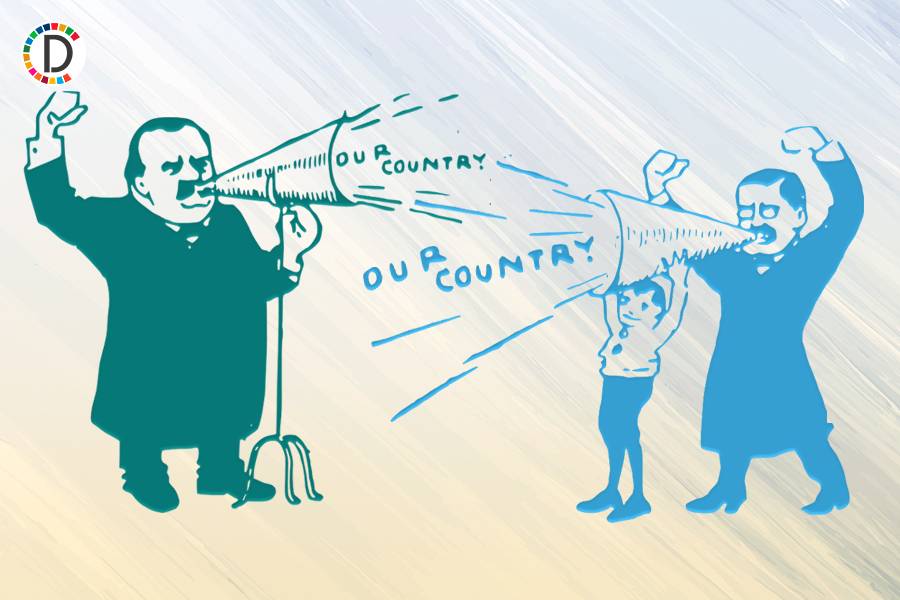China scraps premier's annual press conference for first time since 1993
The premier's annual meet-the-press session used to be the highlight of the parliamentary meeting, because as the head of the State Council and the main person tasked to run the economy, his answers to reporters' questions on the economy were seen as more authoritative and having a more big-picture perspective than cabinet ministers. At the close of the annual parliament last year, Li sought to reassure the country's private sector in his first media conference as premier.

China's Premier Li Qiang will not hold a press conference after the close of this year's annual parliamentary meeting, an official said on Monday, ending a tradition maintained for three decades. Moreover, barring special circumstances, there will also be no such press conferences by Li after each year's meeting for the remaining term of China's parliament ending in 2027, National People's Congress (NPC) spokesman Lou Qinjian added.
Since 1993, China's premiers have met the media after the annual NPC gathering, taking wide-ranging questions from Chinese and foreign journalists in news conferences broadcast live globally. Throughout the 1990s and 2000s when China was opening up its economy to the rest of the world, it had actively sought to elucidate its politics and policies in a bid to attract foreign investment and boost trade.
Political observers say the surprise decision to not hold such news conferences is a sign of the diminishing authority of the premier with Xi Jinping as China's president, and a further indication that the world's second-largest economy could be headed towards "an era of isolation". "China was heading towards an era of opening up. Now it is heading towards an era of isolation, as shown by the cancelled premier news conference," said Chen Daoyin, a independent political commentator who formerly taught at Shanghai University of Political Science and Law.
The decision to cancel the premier's news conference was made because there would be more briefings on diplomacy, the economy and the livelihoods of the people by government ministers during the week-long parliament meeting, Lou said. The premier's annual meet-the-press session used to be the highlight of the parliamentary meeting, because as the head of the State Council and the main person tasked to run the economy, his answers to reporters' questions on the economy were seen as more authoritative and having a more big-picture perspective than cabinet ministers.
At the close of the annual parliament last year, Li sought to reassure the country's private sector in his first media conference as premier. While premiers generally toe the Communist Party line in their answers, some have in the past used the news conference to express views that struck a different tone.
Li Qiang's predecessor, Li Keqiang, said in 2020 that 600 million people earned less than $140 per month, a revelation that stood in stark contrast with the rosy picture the party painted about having eradicated rural poverty. Wen-Ti Sung, a political scientist at the Australian National University, said that scraping the premier's news conference is Beijing's effort to further control the narrative about the state of China.
This does not mean that Xi distrusts Li Qiang, the current premier, Sung said. "This is consistent with their relations with Xi playing policy architect and Li playing Xi's faithful policy implementer."
"Willingly stepping away from the limelight is an act of loyalty," Sung said.
(This story has not been edited by Devdiscourse staff and is auto-generated from a syndicated feed.)
ALSO READ
Beijing's Storm Alert: North China Braces for Thunderstorms and Floods
EU Leaders Boycott Orban's Leadership Over Moscow And Beijing Trips
Philippine officials say Manila and Beijing have reached a deal to avoid confrontations at a fiercely disputed shoal, reports AP.
IFAD Joins MCDF Finance Facility as Implementing Partner in Beijing Agreement
Canada's Melanie Joly to Discuss Security and Collaboration in Beijing










